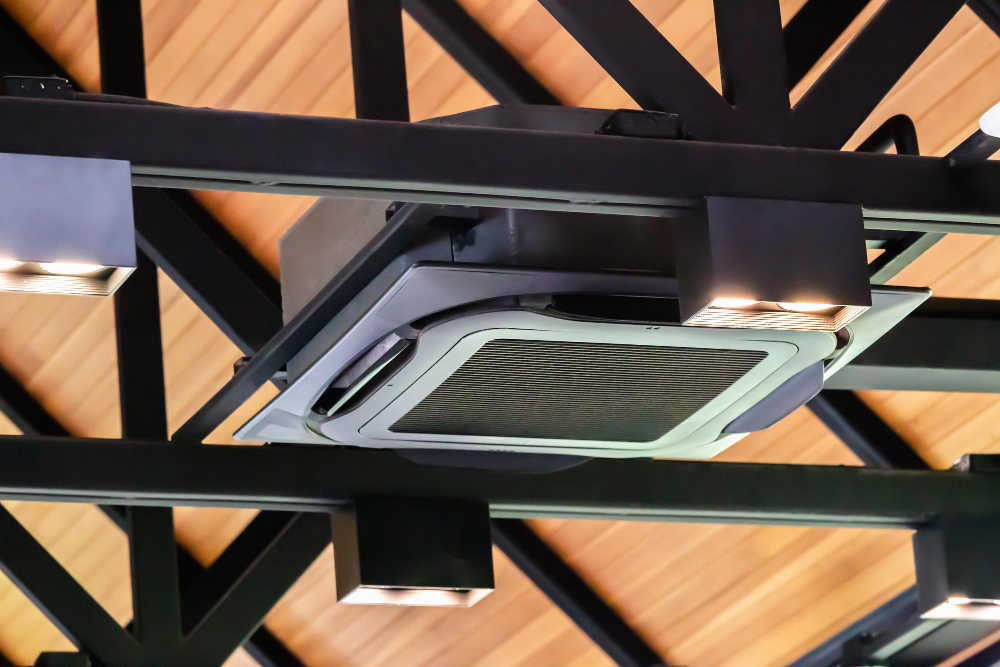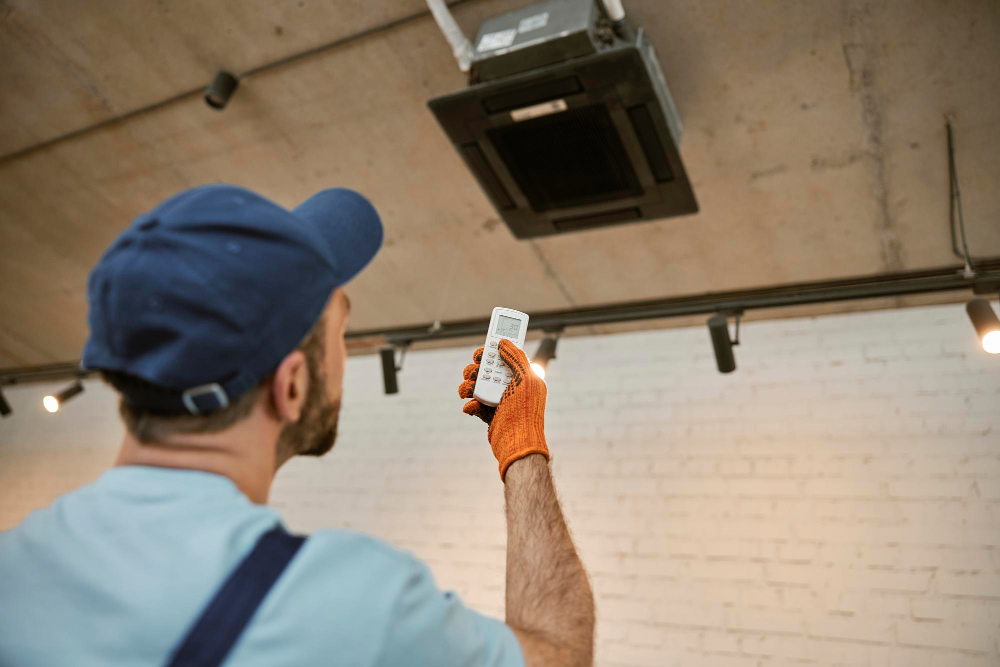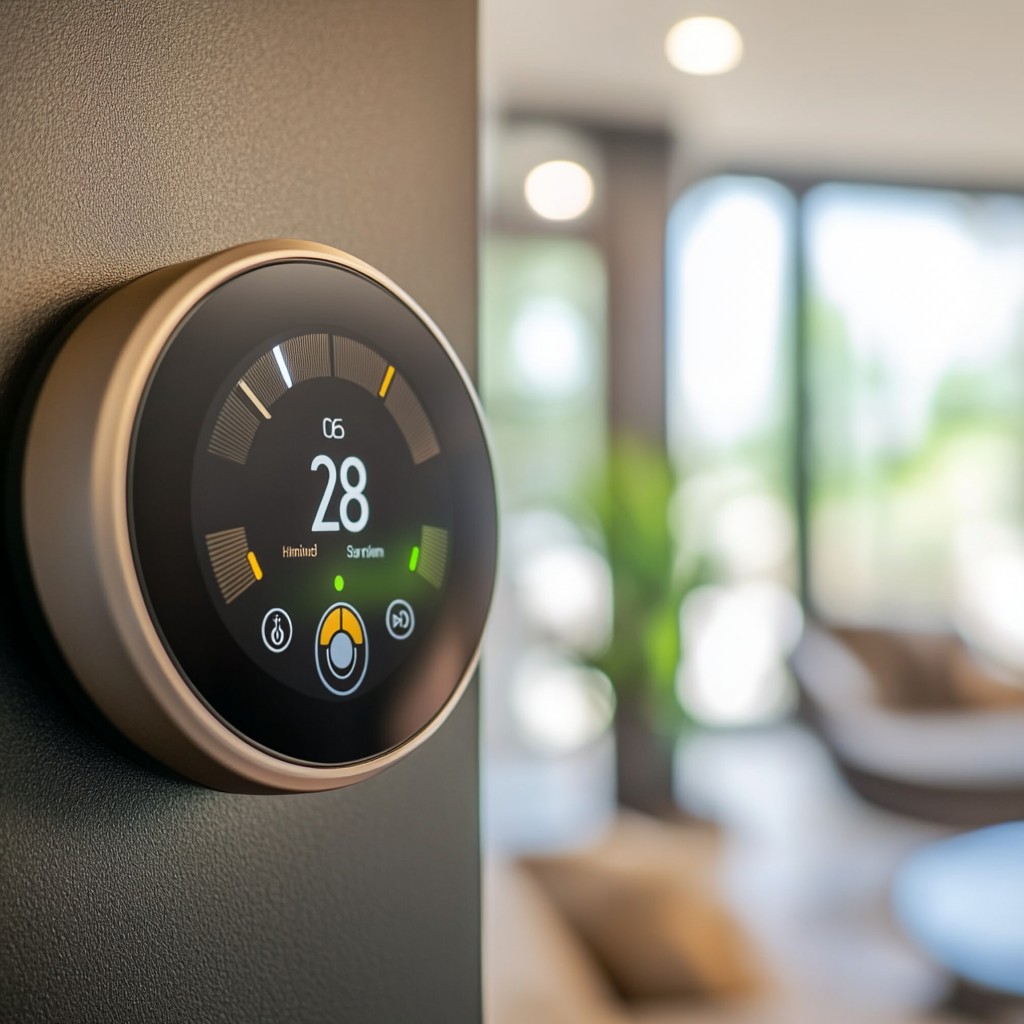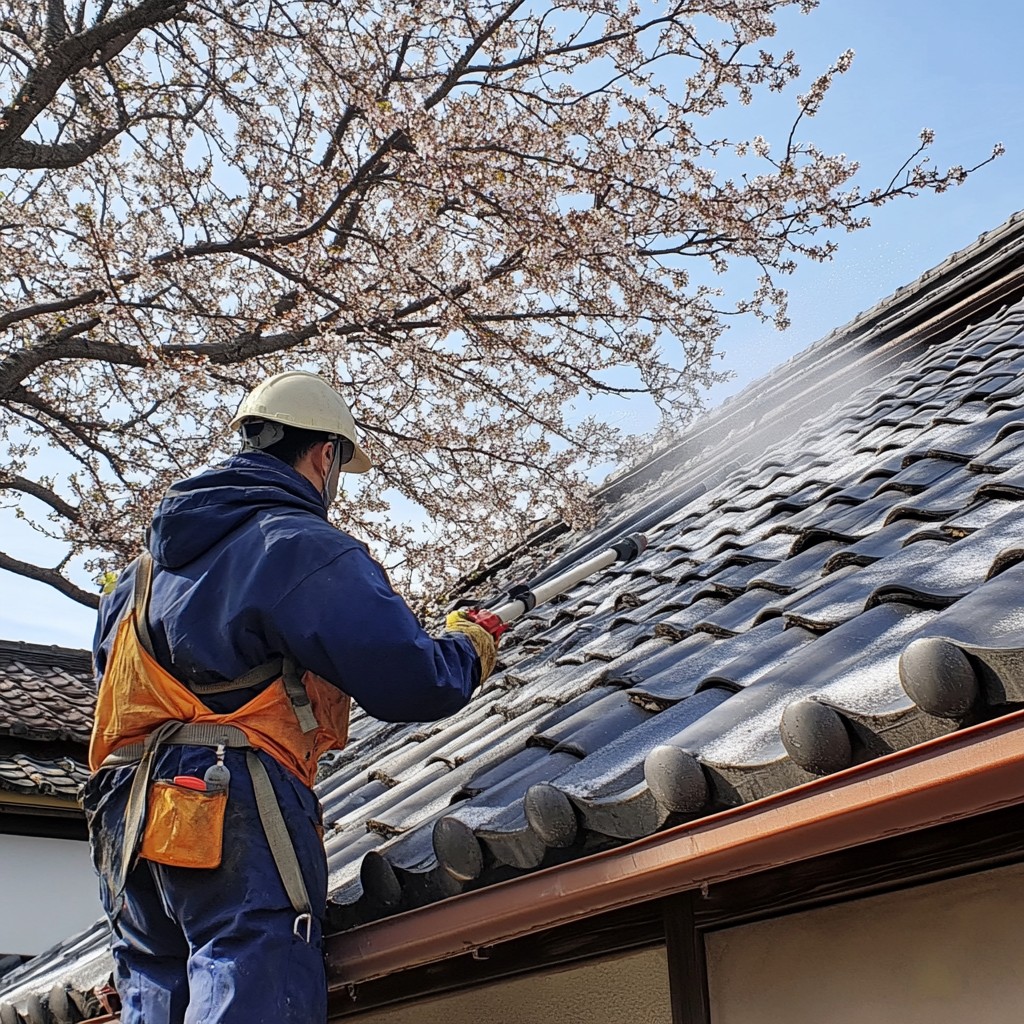Last updated on
Small business owners nowadays must contend with the challenge of getting the most of their space while ensuring that it is both efficient and comfortable. For the balance to be reached, installing or upgrading the air conditioning systems is essential.
This article breaks down state-of-the-art methods and techniques specifically designed for small companies to enable them to continue operating without overspending on valuable real estate or operational efficiency.
Learn How to Find the Right Space and Resources for You

Making an informed decision requires a personalized evaluation of your company’s air conditioning system. This evaluation takes into account the size of the area, the typical number of people using it, and the amount of heat generated by the machinery.
Utilizing the resources and experience of businesses like G2 Ref can provide you with information and comparisons that will assist you in making the best choice possible, including the solutions that are best suited to your unique requirements.
Compact and Modular Solutions
For businesses tackling the issue of space, compact and modular air conditioning units present an alternative that is convenient. Such systems are capable of being installed in various configurations in order to make the best use of the space.
Ceiling-mounted or under-counter systems also save floor space and bring about effective cooling. Furthermore, modular systems are modular, so businesses can increase their cooling capacity as they expand, without a heavy redesign.
Smart Technology Integration

The use of smart technology in air conditioning systems offers unparalleled control over the interior climate in addition to efficiency. A significant amount of energy can be saved by using intelligent thermostats and AI-driven climate control systems, which can modify temperatures based on occupancy and outside conditions.
Additionally, the technology can be managed remotely, offering business owners several advantages like convenience and flexibility.
Energy-efficient Practices
Among the various air conditioning systems, choosing one with a high Energy Efficiency Ratio (EER) is crucial for reducing operational costs and lowering environmental impact. Improvements, like the inverter technology and eco-friendly refrigerants, boost these advantages even more.
Besides the strategies mentioned, businesses can also consider the use of other additional strategies, for example, installation of energy-efficient windows or adding insulation, to enhance the efficiency of their cooling systems.
Regular Maintenance for Longevity
The efficiency and life span of your air conditioning system are determined by regular servicing. Regularly scheduled maintenance of dusting and cleaning will prevent the accumulation of dust and dirt. This method not only guarantees that the system runs at its best but also avoids expensive costs of repairs in the future.
Utilizing Natural Cooling Techniques
Reducing dependence on cooling systems can be achieved by using natural cooling techniques. When windows, awnings, and vegetation are strategically placed to block direct sunlight and create ventilation, the inside temperatures can be reduced. These techniques, along with the state-of-the-art air conditioning equipment, produce an environment that is sustainable and comfortable for both clients and staff.
Tailored Financing Options
Understanding the financial implications of either upgrading or installing a new air conditioning system is a must for small enterprises. Scrutinizing tailored credit schemes and rebates for energy-efficient systems can reduce upfront costs. Many manufacturers and government programs offer rebates or financing schemes to help small enterprises in their efforts at efficiency and sustainability.
The Takeaway
It is possible to generate a productive and pleasant working environment when businesses carefully evaluate their needs, adopt smart technologies, and incorporate energy-efficient practices. The regular maintenance of the systems and incorporating the natural cooling methods help to prolong machine life and hence guarantee its profitable performance, thus giving small businesses a positive future.
Table of Contents




